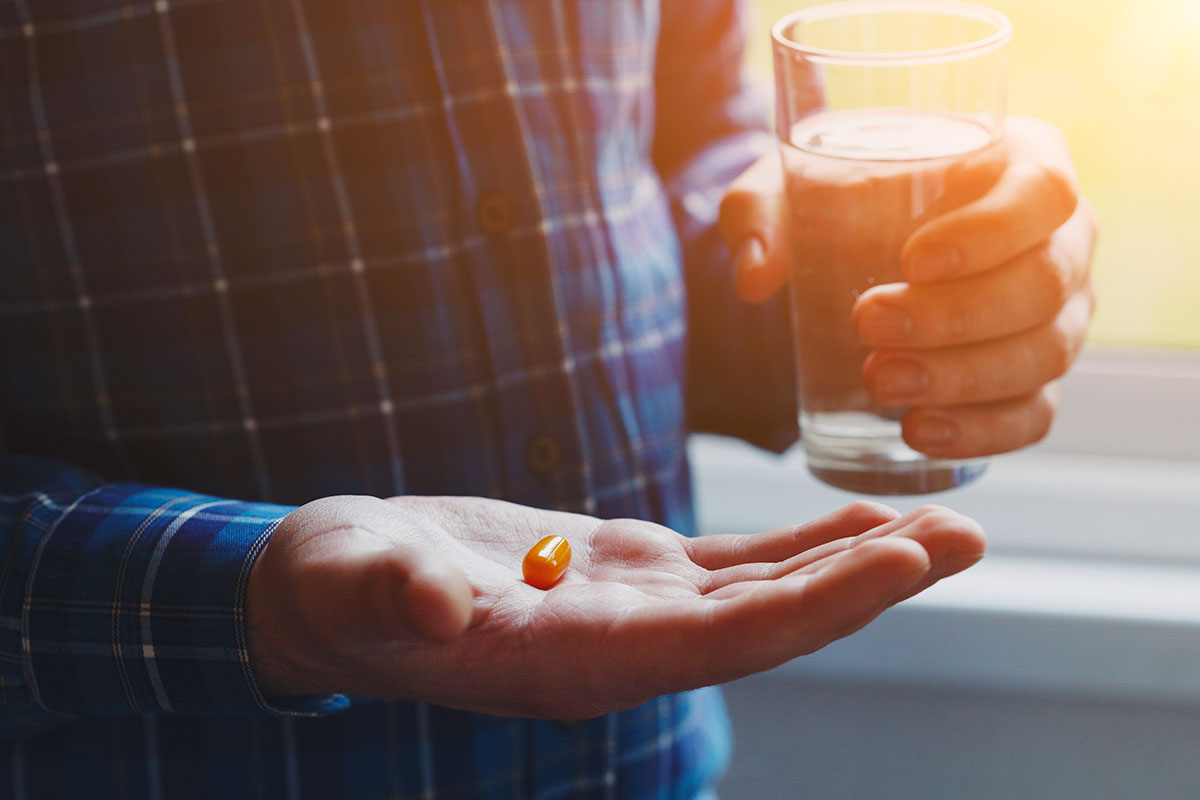Attention-deficit hyperactivity disorder (ADHD) is a condition that many young people have a tough time managing. Because of this, healthcare professionals may prescribe Vyvanse to treat symptoms. However, long-term Vyvanse abuse can create new problems for teens who struggle with addiction. Teen prescription drug abuse is a problem that can lead to serious legal and financial consequences. More importantly, teens who abuse drugs experience health issues and social stigma that could interfere with their goals.
At Venture Academy, our team will provide you with the tools to help your teen get on the right track. The programs we provide can guide your teen to find the right balance between needed medications and strong coping skills. Our Venture Academy team provides substance abuse treatment to empower your teen to make good decisions and truly thrive. Find out more when you call 866.762.2211 or complete our convenient online form.
What Is Vyvanse Abuse?
Vyvanse is a medication that is often prescribed to treat disorders such as ADHD. It is also used to treat certain types of eating disorders. Vyvanse is a controlled addictive substance that has many of the properties of more well-known amphetamines. This means that even if your teen follows specified doses, they can become dependent on this medication over time.
Typically, Vyvanse will be prescribed in low doses. This means that daily use may include periods of tapering where symptoms are more acute. People can be especially vulnerable if they miss a dose. This is why it is vitally important for individuals who have been prescribed this medication to take it exactly as directed by their healthcare provider. Vyvanse abuse is drug addiction, and once your child begins the cycle of addiction, they may find it difficult to exit the cycle of addiction.
Symptoms of Vyvanse Withdrawal
Symptoms of Vyvanse withdrawal can happen for many different reasons. Changes in dosage or the body’s natural process for removing substances can lead to symptoms of withdrawal. These withdrawal symptoms can include a return of ADHD symptoms such as fidgeting, inability to focus attention, and a rise in impulsive actions and behaviours.
However, missed doses can also lead to withdrawal symptoms of drug addiction and ADHD symptoms, which can include anxiety, exhaustion, and irritability. Unfortunately, the rising popularity of Vyvanse as a so-called “study drug” can lead to an increased likelihood of teen prescription drug abuse. When amphetamines are taken in large doses, they can cause euphoric feelings or help students hyper-focus their attention. But, the fallout to using prescription drugs can be severe. You can help fight lifelong addiction by helping your teen receive treatment before their symptoms become too much to manage on their own.
Signs Your Teen May Need Teen Prescription Drug Abuse Detox
If you are worried that your teen’s use of Vyvanse has turned into an addiction, signs to look for include:
- Irritability
- Sleep disturbances
- Joint aches
- Isolation from friends and family
- Loss of interest in activities previously enjoyed
- Sudden mood swings
Vyvanse abuse can cause serious repercussions for teens. If you recognize some of these symptoms in your teen, it may indicate that they could benefit from the help of a teen prescription drug abuse program.
Explore Teen Prescription Drug Abuse Treatment at Venture Academy
Knowing when to seek treatment for your teen’s prescription drug abuse can be challenging. But, it is crucial to remember that prescription drug abuse can lead to serious problems for your teen and your family. At Venture Academy, we offer a personalised process to help your teen work through withdrawal symptoms. We can redirect your teen’s behaviour by finding them the right ways to cope with stressors as they grow. Call us today at 866.762.2211 or complete our online form to learn more about Venture Academy’s 30-day assessment and intervention program and behaviour treatment.







